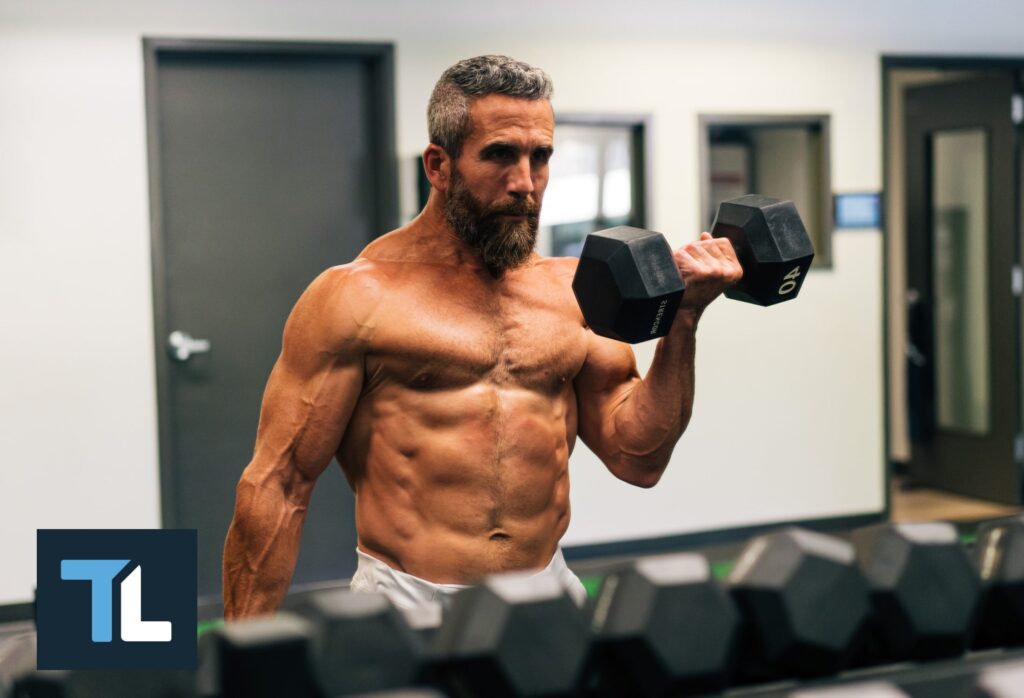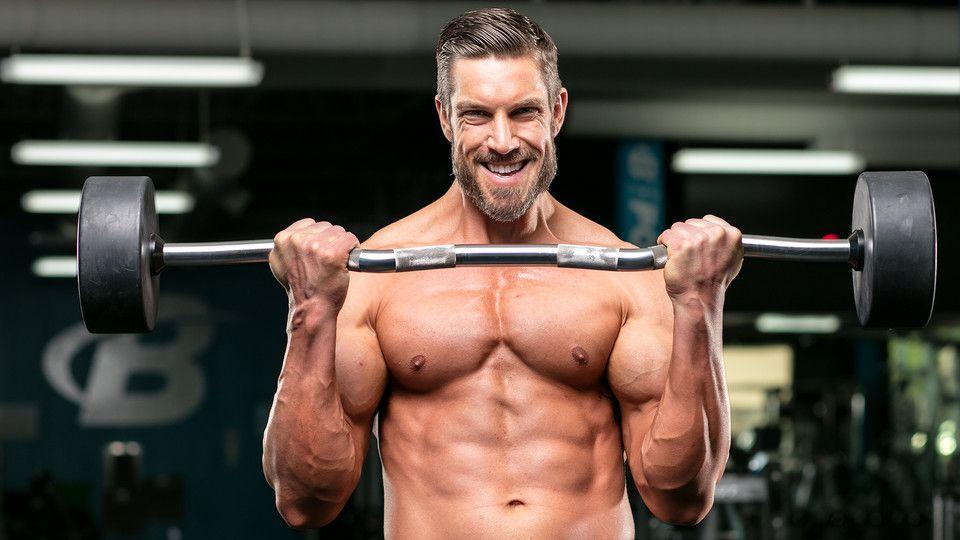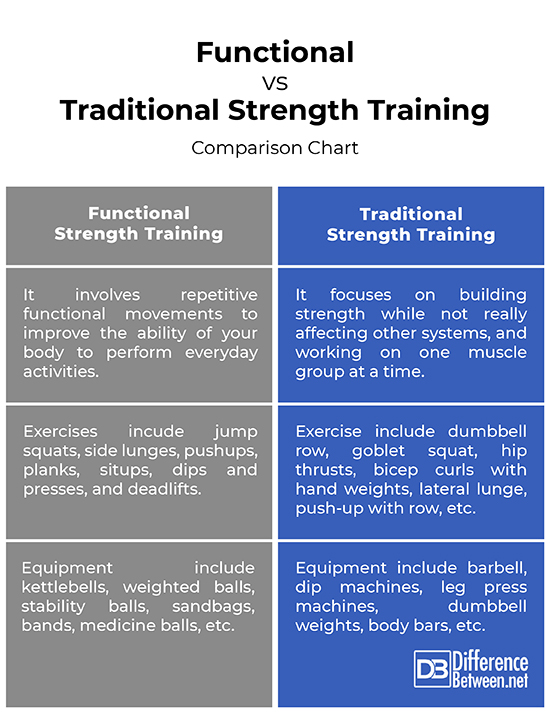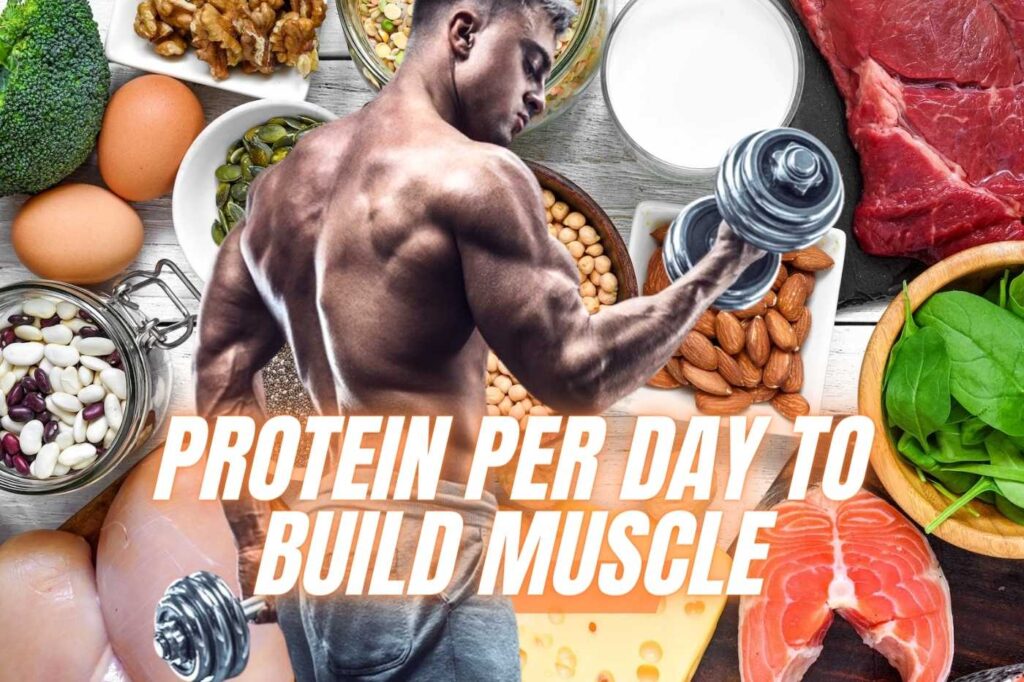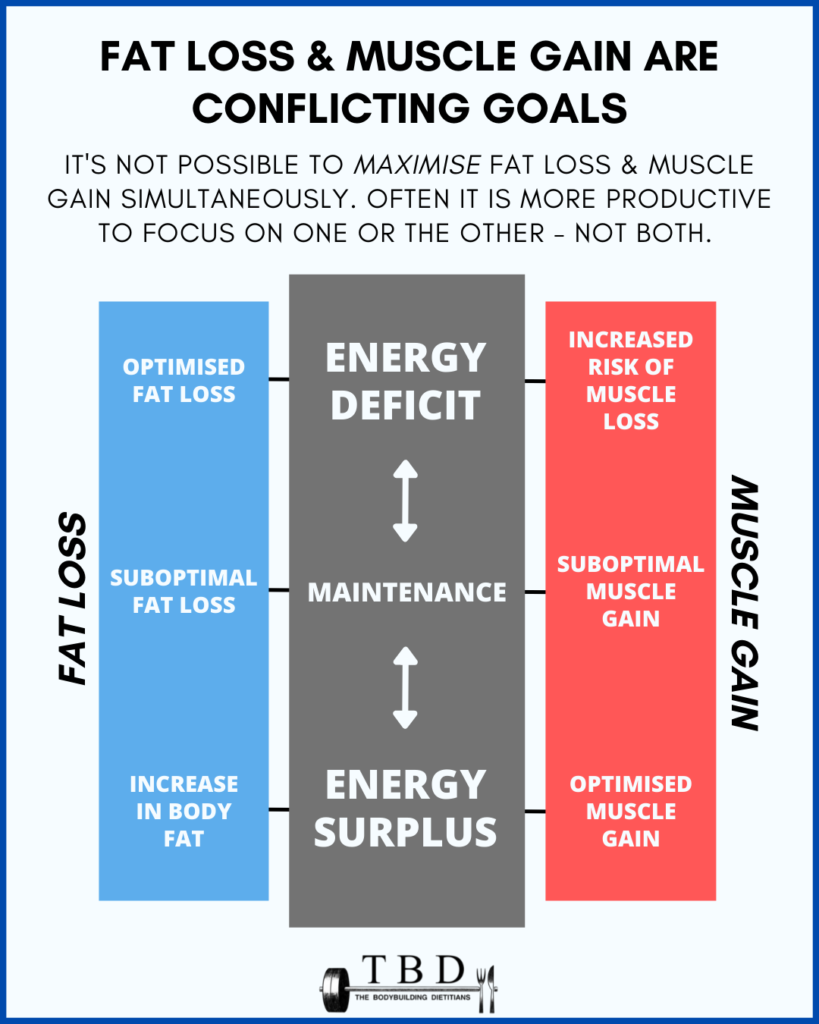Yes, muscle building can cause water retention. This is a common response to increased physical activity and muscle repair.
Muscle building often leads to water retention due to micro-tears in muscles. These tears trigger inflammation, causing the body to retain water to aid in repair. Consuming more carbohydrates during training can also contribute, as glycogen stores in muscles hold water.
This temporary water retention is a normal part of the muscle recovery process. Staying hydrated and maintaining a balanced diet can help manage this effect. Understanding this can ease concerns about temporary weight gain during muscle building. Embrace the process, as it’s part of achieving stronger, healthier muscles.

Credit: www.healthshots.com
Muscle Building Basics
Muscle growth happens through exercise and nutrition. Muscle fibers tear during workouts. The body repairs these fibers, making them stronger and bigger. This process needs protein and rest.
Weightlifting is a common practice. People lift weights to build muscles. Eating enough protein helps muscles grow. People also drink a lot of water. This can cause water retention. Muscles need rest days to recover. Rest is important for growth.

Credit: svalbardi.com
Understanding Water Retention
Water retention is when the body holds onto extra water. This can make you feel bloated. Your hands, feet, and face might look puffy. It is also called edema. Sometimes, it can cause swelling. Water retention can happen to anyone.
There are many causes of water retention. Eating too much salt can cause it. Hormonal changes can also lead to it. Standing or sitting for too long might cause water to build up in your legs. Medications can sometimes cause water retention. Muscle building can also be a cause. Lifting weights can make muscles sore. The body holds onto water to help heal. Not drinking enough water can also cause the body to hold onto it.
Link Between Muscle Building And Water Retention
Muscle building can increase water retention. Muscles need more glycogen. Glycogen holds water in the muscles. This can cause a temporary weight gain. The body may look puffy. This is normal and part of the process.
Short-term water retention is common. It usually goes away after a few days. Long-term effects are different. The body adjusts over time. Drinking water and eating well can help. Regular exercise also balances water levels. It’s important to stay hydrated.
:max_bytes(150000):strip_icc()/VWFit-i-just-started-exercising-why-am-i-gaining-weight-1231585-b13e3c8e91e340919a73c903a7f4fda2.jpg)
Credit: www.verywellfit.com
Diet And Hydration’s Role
Protein helps build muscles. It also attracts water into cells. This can cause water retention. Eating too much protein can increase this effect. A balanced diet is key to managing water retention. Include vegetables and fruits. They help balance protein intake. Drink enough water to flush out excess water.
Proper hydration is crucial for muscle building. Drink water throughout the day. Avoid too much salt. Salt can cause the body to hold onto water. Drink herbal teas. They can help reduce water retention. Eat foods high in potassium. Potassium helps balance fluid levels. Examples are bananas and spinach.
Supplements And Water Retention
Creatine is a popular supplement. It helps to build muscles. But creatine can cause water retention. This means the body holds more water. Muscles may look bigger but feel puffy. The extra water is stored in muscle cells. This can add weight to the body. The water weight is not fat. It is just extra fluid.
Some protein powders can also cause water retention. They may contain added sodium. Sodium makes the body hold onto water. Some pre-workout supplements have ingredients that cause fluid retention. Always check labels for sodium content. It helps to drink plenty of water. Staying hydrated can reduce water retention. Choose supplements with low sodium to avoid this issue.
Managing Water Retention
Eating less salt helps reduce water retention. Drinking more water keeps your body balanced. Foods rich in potassium, like bananas, help flush out excess water. Avoiding processed foods also helps as they contain hidden salts. Eating more fiber helps digestion and reduces bloating. Foods like whole grains and vegetables are good choices.
Low-intensity exercises like walking help reduce water retention. Stretching before and after workouts helps too. Avoiding heavy lifting for long periods can prevent swelling. Adding more cardio to your routine helps sweat out excess water. Hydrating properly during workouts keeps your body balanced. Resting enough between workouts allows your body to recover and reduces swelling.
Myths And Misconceptions
Muscle building can cause temporary water retention due to inflammation and glycogen storage. This is a normal part of the muscle recovery process.
Common Misunderstandings
Many believe muscle building causes water retention. This is only partly true. Muscle growth can lead to some temporary water retention. This happens due to the repair process in muscles. Inflammation can make tissues hold more water. But this does not last forever.
Some think drinking less water helps. This is a misconception. Proper hydration is essential for muscle health. The body holds water to protect muscles and aid recovery.
Scientific Clarifications
Muscle building involves tearing muscle fibers. The body repairs these fibers, which can cause water retention. Glycogen stores in muscles also hold water. More glycogen means more water stored.
Inflammation is part of muscle repair. This can make muscles swell and retain water. But this is a short-term effect. Over time, the body adjusts and water retention decreases.
Expert Opinions
Experts suggest muscle building can lead to temporary water retention. Increased glycogen stores in muscles often cause this fluid retention.
Insights From Fitness Trainers
Muscle building can cause water retention. Muscles need more water to grow and repair. Fitness trainers say this is common. Water helps muscles recover after workouts. Some people may notice puffiness. This is due to extra water in the muscles. The body holds onto water to heal small muscle tears. These tears happen during strength training. The puffiness is usually temporary. It often goes away with regular exercise and a balanced diet.
Medical Perspectives
Doctors agree that muscle growth can lead to water retention. The body uses water to repair muscle tissues. This process is called inflammation. Inflammation is the body’s way of healing. Extra water helps to reduce muscle pain. It also helps to prevent injuries. Some medications and supplements can also cause water retention. Drinking plenty of water can help manage this. Staying hydrated helps the body balance water levels.
Frequently Asked Questions
Does Muscle Building Lead To Water Retention?
Yes, muscle building can cause water retention. This is due to increased glycogen storage and inflammation from intense workouts.
Why Do Muscles Retain Water After Exercise?
Muscles retain water after exercise to repair tissues. This is a natural response to inflammation and glycogen storage.
How Long Does Water Retention Last After Workouts?
Water retention usually lasts a few days. It depends on the intensity of the workout and your individual recovery rate.
Can Water Retention Affect Muscle Definition?
Yes, water retention can temporarily affect muscle definition. This is normal and usually resolves within a few days.
Conclusion
Muscle building can cause temporary water retention due to muscle repair and inflammation. Staying hydrated and maintaining a balanced diet helps manage this. Understanding this process can improve your fitness journey. Be patient and focus on long-term goals for better muscle growth and overall health.




